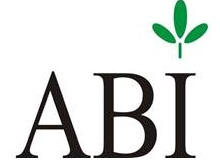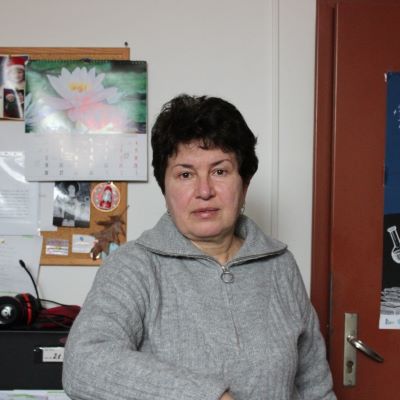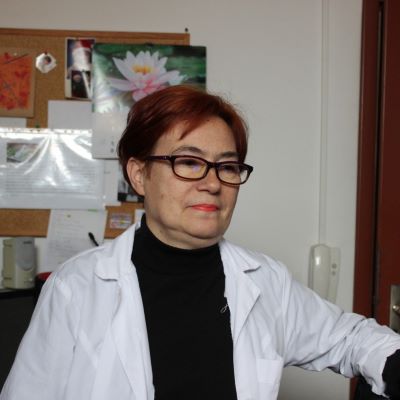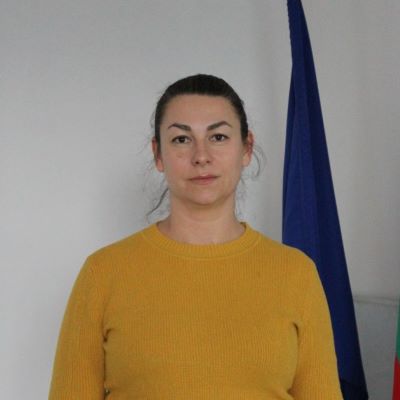Agrobioinstitute/ ABI/ is part of the Agricultural Academy and is an organization for fundamental and applied research, service and support activities in the field of agriculture. The institute has modern equipment for work on plant biotechnology, molecular biology, genomics and metabolomics.
• Basic and applied research in plant biology;
• Perfecting the methods and systems for intensifying the selection of economically important crops through in vitro cultivation, genomic and metabolomic technologies;
The Institute is under the leadership of Agricultural Academy and Ministry for Agriculture and Food to develop national and other projects, programs, concepts and plans for the sustainable agricultural development. It is involved in international cooperation on a bilateral and multilateral basis through the establishment of joint research projects under the EU, UNESCO, FAO, NATO, EUCARPIA, IAEA, ICGEB and others. As a Centre of Excellence it coordinates research and trains specialists in the field of plant biotechnology on national and regional scale. It is a Center for improve-laboratories, as well as persons, engaged in the agricultural and food industry. ABI possess an accreditation for training and awarding an educational and scientific degree “Ph.D” in doctoral programs “Genetics” and “Plant protection”.
The Institute has the two departments: Functional genetics, abiotic and biotic stress and Agrobiotechnology
Role in the Legume Generation project
The ABI scientific team is involved in two of the breeding innovation communities focused on soybean and red and white clover. The team will participate in a wide range of soybean tasks: two-year field testing of 50 soybean genotypes from different maturity groups and yield parameter will be traced; determination of grain protein content; testing of 50 genotypes of soybean for food under the conditions of a field experiment; determination of the content of saponins and flavonoids in the grain; transcriptomic analyzes of selected soybean genotypes. In the case of red clover, the two-year field trials are focused on the yield of selected 50 genotypes. The screened genotypes with the highest yield will be tested for the presence of the S allele in their genome, and seeds from the selected materials will be sent to an experimental laboratory in the USA. In 10 genotypes with a proven presence of the S allele, experiments will be conducted on the influence of the microelement boron on flowering, pollination and yield in red clover.




